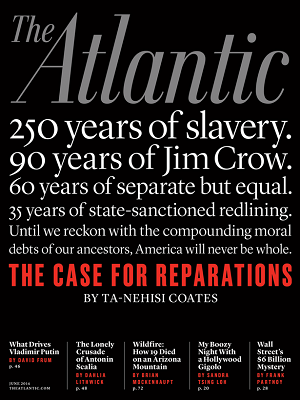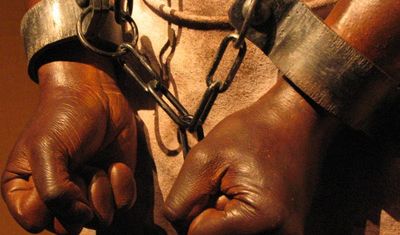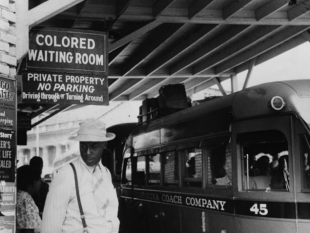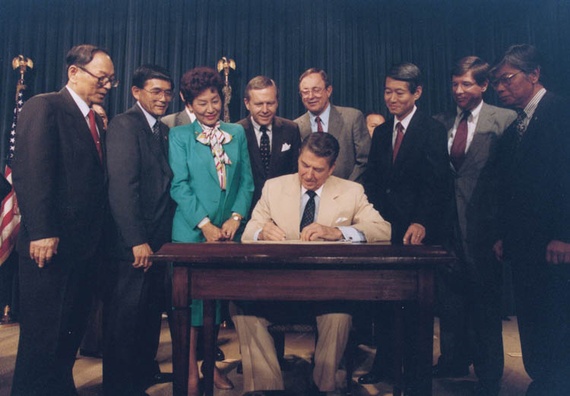The feds could actually soften their stance a little when it comes to weed.
He paid to get here. Paid with the skull-rattling pain of a metal trash can clattering down hard onto his head when he was a kid racing from thugs in West Baltimore.
Five years ago I stood in a slave castle on Senegal’s Gorée Island at the infamous Door of No Return. Our guide told us that once Africans walked through this doorway, which opened right into the Atlantic Ocean, they were gone forever. During the slave trade, shackled blacks were led out the door and forced onto ships that waited on the other side. If a slave tried to turn back, he could be shot and fed to the sharks that loitered nearby.

At the Sixth and I synagogue in Washington on Thursday night, people were reselling tickets out on the street as if a playoff game…
As a historian, I know slavery has left a deep scar on America. The reasons are many. I have found wisdom in the words of Cornelius Holmes, a former slave, interviewed in 1939, a man who saw brutality and separation of families. Holmes shared the dreams and melodies before freedom and then witnessed the reality of freedom.

Prime Minister Freundel Stuart has cited traditional high Caribbean unemployment as a reason for current challenges to the National Insurance Service (NIS) fund that pays relief benefits to workers who lose their jobs.

“The past is in the past; it’s time to move on.”
That’s a common response to Ta-Nehisi Coates’ eloquent essay in The Atlantic, “The Case for Reparations,” and his recent discussion with Bill Moyers.

President Ronald Reagan signs the Civil Liberties Act of 1988. The Act granted reparations to Japanese-Americans interned during World War II. (Ronald Reagan Presidential Library And Museum)
I wanted to take moment to reply to Kevin Williamson’s Case Against Reparations.
Signs of overt racism still are all around us, be it a New Hampshire police commissioner’s use of an ethnic slur to describe President Obama or an NBA team owner’s disturbing remarks about black athletes…

I recently attended the release of the National Urban League’s Annual State of Black America Report at the National Press Club in Washington, D.C. The Report is an extremely important document because it provides key indicators of Black progress in a number of social and economic areas in relationship to White Americans.














